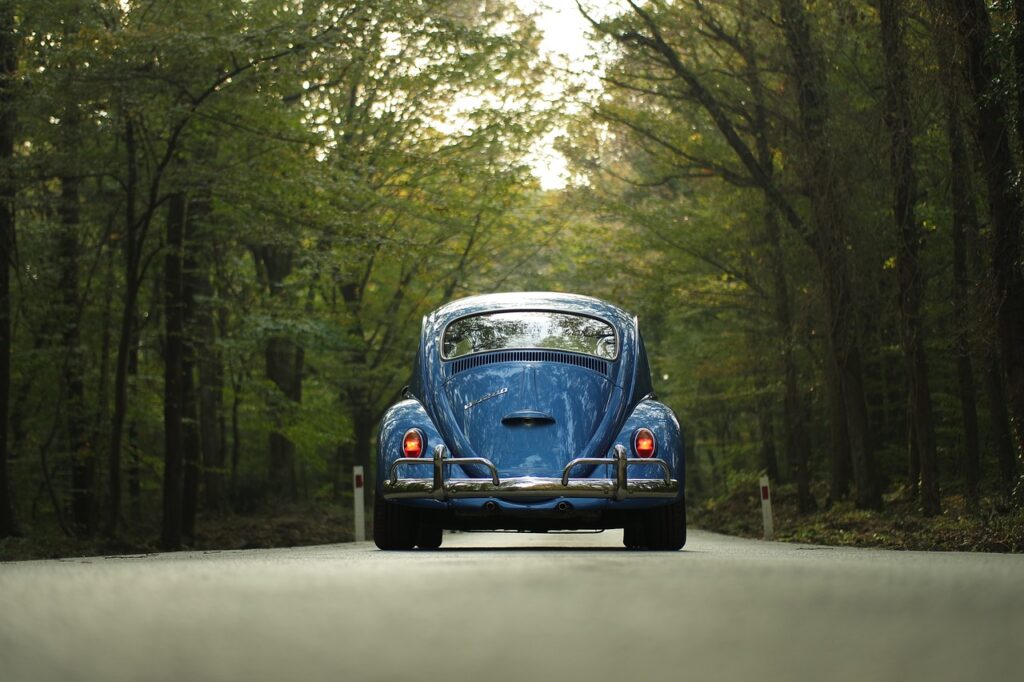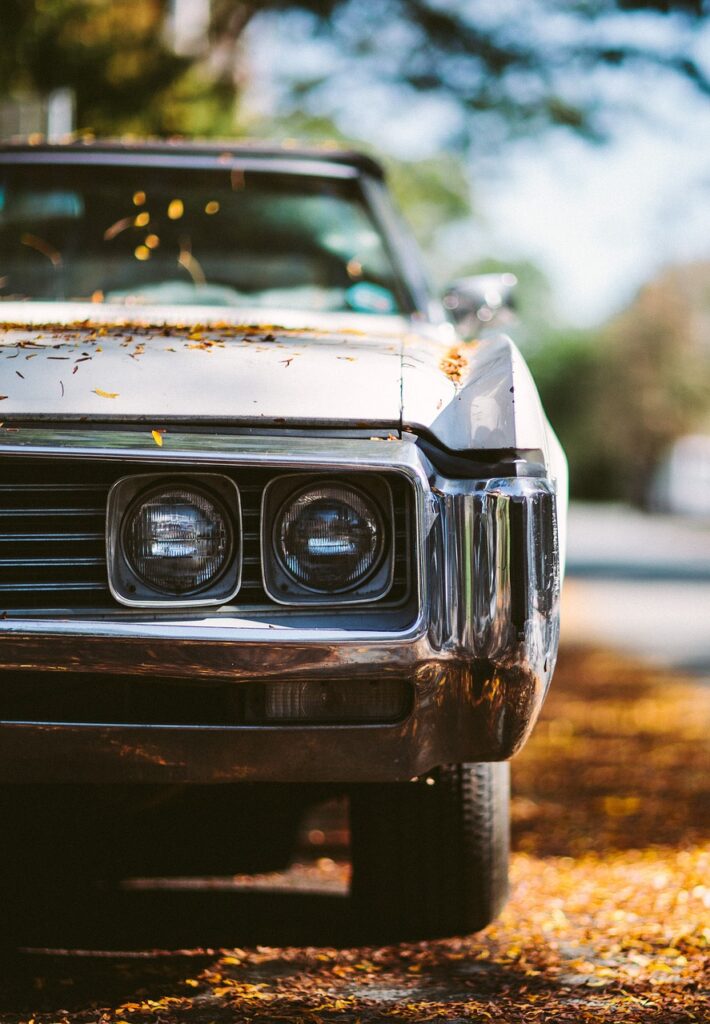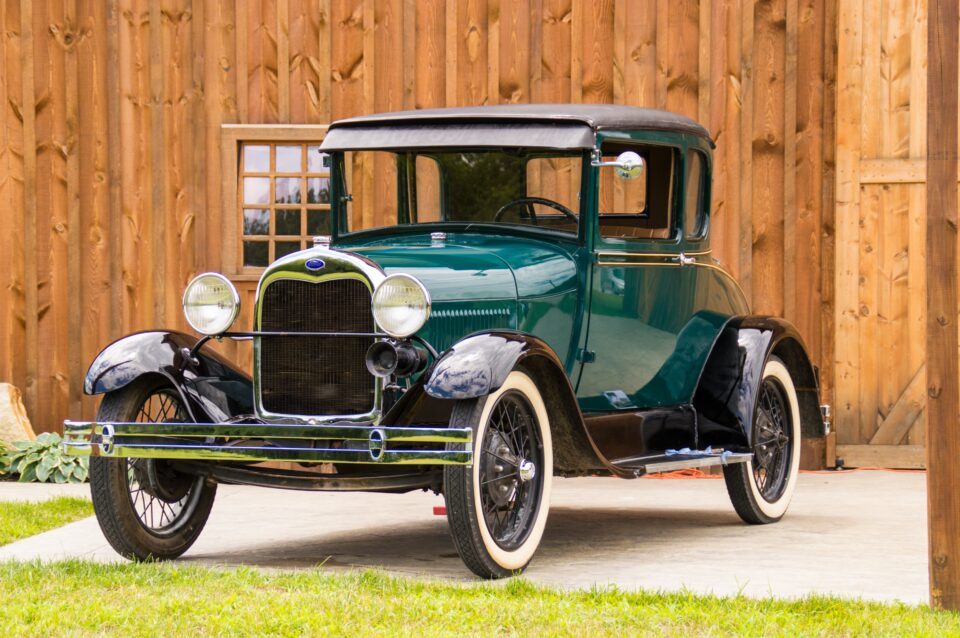For many car fans, buying classic cars- for which definitions differ, ranging anywhere from 10 to 40 years old is a dream. However, if you are looking to invest in a classic car, you will need to understand everything about it. Here, we have discussed what a classic car is, tips to buy one, and the differences between classic cars and Vintage cars.
Differences between classic cars and vintage cars
If you love cars, owning an old car- with a little more character is one of those important life goals that you must tick off the bucket list. But the confusion is what should you buy?
The first question that you need to ask yourself while buying an ancient car is how old you want your vehicle to be- because how old you want to purchase can have an impact on the costs involved.
Here, the terminology is important, as you must know the differences between classic cars and vintage cars and differences between a classic car and an ancient car. Often the terms are used interchangeably, yet you must understand the differences between these cars.
What are Classic Cars?
Classic cars are the ones that are generally between 20 and 40 years old, based on which source you buy. It must be maintained as close to its real manufacturer specification as possible: A car that has been modified significantly may no longer be certified as a classic car.
Another definition of a classic car is one that has been manufactured since 1925, but again this depends on the local state laws and how your insurer identifies a classic. For example, Hartford, explains classic cars as “motor vehicles of the private passenger kind which is about 10 or more years old and may be utilized daily. Its value is higher than the average value of other cars of a similar make and model year.
What makes a car an antique?
Most of us are not aware of the differences between classic cars and vintage cars. Referring to your state laws is again significant- many will need a special license plate, but, in most of the cases, an antique car is one that is more than 45 years old. Though, there are some exceptions: According to the state of Michigan, an antique car is one which was manufactured nearly 26 years ago and is “used as a collector’s item.” Collectible cars depend on several factors that assist appraisers to decide if they should be regarded as a collectible car.
Just like classic cars, an antique car must be as close to its actual specification as possible, although modern spare parts will be permissible. In addition to state laws, you must also familiarize yourself with the insurer’s rules and with classic car accessories.
When can we call a car a Vintage Car?
Ultimately, there are cars which are known as vintage cars. The age and name of the vintage car depend on where you live. What constitutes a vintage car is based on who is defining it, but, as a rule of thumb, it is a car that was built before 1930, so it is a car from the initial days of automotive-except anything that has been altered into something like a hot rod.
What types of cars are regarded as Vintage cars?
With this grouping, are early cars from what is known as Brass Era, named for brass fittings that were utilized as radiators or lights in the automobiles built between 1896 and 1915. There has been a robust marketplace historically for those cars and that is continuing. Still, there is a strong market for high-quality Brass Era cars.

The entire vintage car market has, possibly surprisingly, a big following among the collectors. As the market for cars during that era here in the U.S. shrinks, the cream is increasing to the top. As, a special coach-built car- whether it is a Cadillac, Packard, Duesenberg, or a Lincoln- is going to hold its value better and retains a specific level of enthusiasm, even in a market where the market is declining.
And while some of the automotive in this market can cost as much as $10 million, the entry price can be lesser. You could certainly purchase an old Model T for less than $10,000 and you could also purchase a Model A Ford that will get you into all types of driving events.
Things to Consider before you buy your first Vintage car vs Classic car
Which one should you choose between classic cars and vintage cars? Prospects are, you are looking to lay down a respectable chunk of change in your vintage car or classic car, so you need to think exactly what do you want and why.
The most significant consideration is that you must want the car. You must also decide what is essential to purchase. Usability is a great thing: you might want something that keeps up with modern-day traffic that you can utilize on public roads. Or you might want something where there is a huge club community or something that gives high performance. Those are all considerations.
It is worth considering how simple it will be to maintain the classic car and find classic car accessories. The rarer the car, the more difficult it will be to get spares, which will mean more time off the road and as a result, lesser opportunities to enjoy driving it.

Once you have zeroed in on the car that makes your heart beat faster, it is time to allow the heat into the equation and attain some proper suggestions. If you are confused about the differences between classic cars and vintage cars, then take help from an expert who can help you to make an educated decision by making you understand the differences. There is a lot of money involved and there are a lot of cars that have shortcomings. It is significant to find someone who can point those mistakes to you so that you do not make a mistake at the time of purchasing.
Insurance for classic cars, antique cars, and vintage cars
The rising popularity of collectible cars-whether they are antique cars, classic cars, or vintage cars-in the recent decades- has led to a big shift in how they are insured. Earlier, the owner of a collectible car would just add pride to the similar policy covering their regular driver, which would often raise premiums significantly.
All these are changed now. There are large numbers of specialist insurers and companies in the market that can help you to find the best antique car insurance policy. For instance, if you own a classic car, the automotive agency can provide you a specialty carrier that will offer the right kind of coverage you require. Its classic and antique car insurance is designed mainly to safeguard the unique cars that are so significant to car owners at a rate that is now much affordable than ever. An antique or classic vehicle also is eligible for a lot of the similar discounts on insurance as new cars; for instance, with discounts for fitting an anti-theft tool in your car, or if you have other policies with the insurance company.

